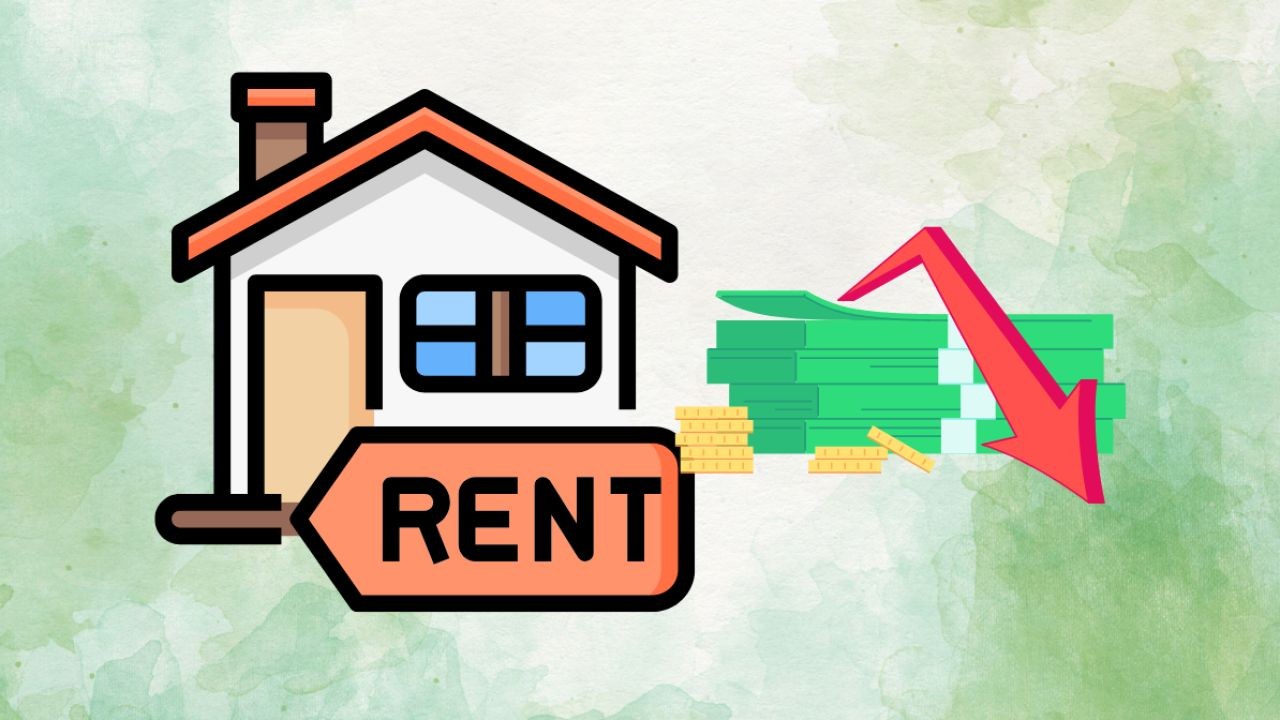New Zealand's real estate market, often a hot topic of discussion, has been under scrutiny for its rising prices and accessibility challenges. While the picturesque landscapes and thriving urban centers make it an attractive place to live, many Kiwis feel increasingly alienated by the legislative framework governing property ownership. Recent data from Stats NZ highlights that the median house price in New Zealand rose by 27% in 2023, contributing to the growing affordability crisis. This article delves into the intricacies of New Zealand's real estate laws, examining why they might be exacerbating difficulties for local buyers and exploring potential solutions.
The Current Landscape of New Zealand's Real Estate Market
In recent years, New Zealand's real estate market has seen exponential growth, driven by factors such as low interest rates and high demand. According to the Reserve Bank of New Zealand, the average mortgage lending rate has remained below 5% for the past three years, encouraging more individuals to enter the property market. However, this surge in demand has not been met with an equivalent increase in housing supply, leading to inflated property prices.
Impact of Foreign Investment
One of the most controversial aspects of New Zealand's real estate market is the role of foreign investors. The Overseas Investment Amendment Act 2018 was introduced to curb foreign purchases of residential properties, aiming to make homes more accessible to Kiwis. Yet, critics argue that this legislation has not effectively deterred foreign capital since loopholes continue to exist. For instance, investors can still purchase properties via companies or trusts, indirectly contributing to price hikes.
Case Study: The Auckland Housing Dilemma
Problem: Auckland, New Zealand's largest city, has witnessed a dramatic rise in housing prices, making it one of the world's least affordable cities. Homebuyers face average property costs exceeding 10 times the median income, a stark contrast to the internationally recognized affordability threshold of three times the median income.
Action: The government launched initiatives like the KiwiBuild program, aimed at increasing housing supply through the construction of affordable homes. However, the program has struggled to meet its targets due to regulatory and market constraints.
Result: While KiwiBuild has delivered some homes, the impact on overall affordability remains limited. Auckland's property prices continue to soar, driven by persistent demand and limited supply.
Takeaway: The Auckland case underscores the complexity of addressing housing affordability. It highlights the need for comprehensive strategies that address regulatory hurdles and accelerate the construction of affordable homes.
Analyzing the Legislative Framework
New Zealand's real estate laws are designed to balance market growth with social equity. However, several aspects of these laws may inadvertently hinder local buyers:
- Resource Management Act (RMA): Originally designed to protect the environment, the RMA imposes strict zoning and land use regulations. While environmentally beneficial, these regulations can delay development projects, limiting the supply of new homes.
- Building Code Compliance: New Zealand's stringent building codes ensure high-quality construction but can increase building costs. This, in turn, affects housing affordability, as developers pass on these costs to buyers.
Industry Insight: Balancing Development and Environmental Protection
According to a report by MBIE, balancing rapid urban development with environmental protection remains a significant challenge. The RMA's complexities often result in prolonged project approval times, discouraging developers and slowing down the introduction of new housing stock. An emerging trend suggests that integrating sustainable building practices could streamline approvals while maintaining environmental integrity.
Pros vs. Cons Analysis of Current Real Estate Laws
✅ Pros:
- Environmental Protection: The RMA ensures sustainable development practices, preserving New Zealand's natural beauty.
- Quality Assurance: Strict building codes maintain high construction standards, enhancing safety and durability.
- Market Stability: Regulations provide a framework that discourages speculative bubbles, contributing to long-term market stability.
❌ Cons:
- Delayed Approvals: Complex regulations can lead to extended project timelines, limiting housing supply.
- Increased Costs: Compliance with stringent codes can inflate building costs, affecting affordability.
- Accessibility Issues: Loopholes in foreign investment regulations can reduce the availability of homes for local buyers.
Future Trends and Predictions
As New Zealand's real estate market evolves, several trends and predictions warrant attention:
- Technological Integration: By 2028, blockchain technology is expected to streamline property transactions, reducing costs and enhancing transparency.
- Policy Reforms: Anticipated amendments to the RMA aim to simplify processes, encouraging sustainable development and increasing housing supply.
- Green Building Practices: The adoption of sustainable materials and energy-efficient designs is set to rise, aligning with global efforts to combat climate change.
Common Myths and Mistakes in New Zealand's Real Estate Market
Myth vs. Reality Statements
Myth: "Foreign investors are the sole cause of rising property prices."
Reality: While foreign investment plays a role, data from Stats NZ highlights that local demand and limited supply are primary drivers of price increases.
Myth: "Strict building codes are unnecessary and only increase costs."
Reality: High construction standards ensure safe, durable homes, ultimately benefiting homeowners and the community.
Myth: "Affordable housing initiatives have no impact."
Reality: Though challenging, initiatives like KiwiBuild have provided affordable housing options for many New Zealanders, offering a potential model for future programs.
Practical Steps for Navigating New Zealand's Real Estate Market
Step-by-Step Guide for Buyers
- Research the Market: Utilize resources like the Real Estate Institute of New Zealand for market trends and property reports.
- Understand Regulations: Familiarize yourself with the RMA and local building codes to anticipate potential challenges in property development.
- Secure Financing: Consult with financial advisors to explore mortgage options and ensure pre-approval before making offers.
- Consider Location: Evaluate the long-term growth potential of different regions, considering factors like infrastructure development and community amenities.
- Engage Professionals: Work with reputable real estate agents and legal advisors to navigate the complexities of property transactions.
Conclusion
New Zealand's real estate market presents both opportunities and challenges for local buyers. While current laws aim to balance market stability with environmental protection, they can inadvertently hinder accessibility and affordability. As the market continues to evolve, prospective buyers should stay informed, leverage professional advice, and advocate for policy reforms that enhance housing accessibility. Engage with these insights, and consider how you can influence the future of New Zealand's real estate landscape.
People Also Ask (FAQ)
- How do New Zealand's real estate laws impact local buyers?New Zealand's laws, while protecting market stability and environmental integrity, can limit housing availability and increase costs, challenging affordability for local buyers.
- What are the biggest misconceptions about New Zealand's real estate market?A common myth is that foreign investors solely drive up prices, but Stats NZ attributes price hikes primarily to local demand and limited supply.
- What are effective strategies for buying property in New Zealand?Research market trends, understand regulations, secure pre-approved financing, and consult professionals to navigate complex transactions.
- What future changes could affect New Zealand's real estate market?Potential reforms to the RMA and increased adoption of green building practices may enhance housing supply and sustainability.
- Who benefits most from New Zealand's real estate market?While investors gain from rising property values, local buyers face challenges due to high demand and limited supply.
Related Search Queries
- New Zealand real estate laws 2023
- Impact of foreign investment on NZ property market
- KiwiBuild program effectiveness
- Sustainable building practices in New Zealand
- Resource Management Act and housing supply
- New Zealand housing affordability tips
- Future of real estate in New Zealand
- Blockchain in property transactions NZ
- Real estate investment strategies NZ
- Environmental impact of real estate development NZ
































15jsmi
9 months ago